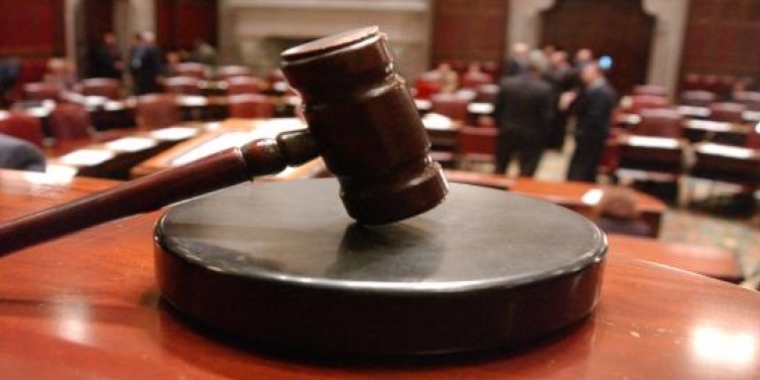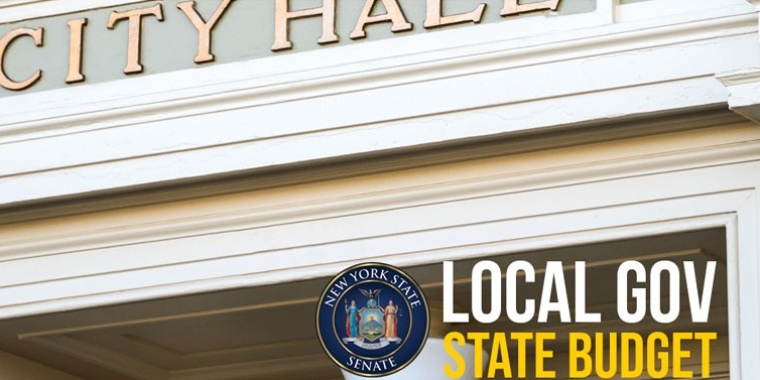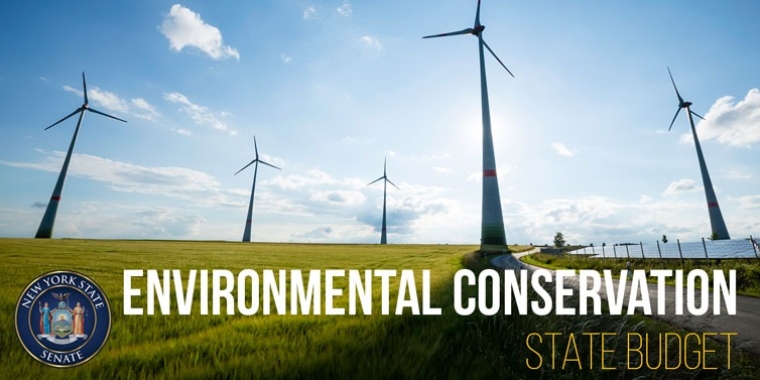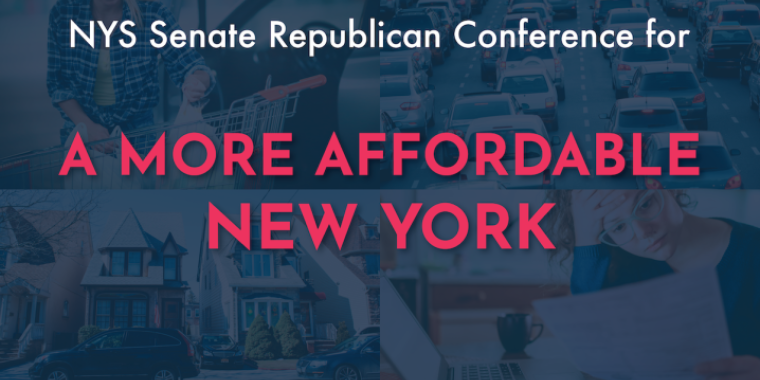
Senator O'Mara's weekly column 'From the Capitol' -- for the week of December 19, 2022 -- 'NY's move toward new energy mandates needs rethinking'
December 19, 2022
-
ISSUE:
- energy policy; mandates

Senator O'Mara offers his weekly perspective on many of the key challenges and issues facing the Legislature, as well as on legislative actions, local initiatives, state programs and policies, and more. Stop back every Monday for Senator O'Mara's latest column...
This week, "NY's move toward new energy mandates needs rethinking"
It’s fitting this week that New York’s ongoing leap into the energy unknown arrives on winter’s doorstep.
On December 19, the state’s “Climate Action Council” plans to release final recommendations to implement far-reaching renewable energy mandates for all New Yorkers. Winter officially starts two days later, although some might argue that it’s been winter in New York for several years now.
Remember that these mandates were set in motion in 2019 by the “Climate Leadership and Climate Protection Act” (CLCPA) signed into law by then-Governor Andrew Cuomo and the Legislature’s Democrat majorities. When she took the reins after Cuomo resigned, Governor Hochul continued full speed ahead on this radical remaking of energy policy.
What does it mean? More than you might expect. Soon, for example, millions of homeowners could be forced to convert their natural gas, propane, or heating fuel oil furnaces to electric at estimated costs of as much as $40,000 per household. In just two years, 2025, you will no longer be able to build a new single-family home or low-rise residential building anywhere in New York with a natural gas, propane, or fuel oil furnace or boiler. The continued use of natural gas/propane/fuel oil appliances for home heating, cooking, water heating, or clothes drying will be banned in 2035.
Furthermore, the plan anticipates negative impacts to school and local government property tax bases. It anticipates industries being shuttered and job losses. To help the state afford it, proposals have been introduced that would raise gasoline costs by an additional 55-cents-per-gallon and drive up home heating fuel costs by another 26%.
On top of today’s already inflated prices, Governor Hochul’s ambition to impose clean energy mandates on all New Yorkers remains pie-in-the-sky high. Her unwillingness to explain how much it will cost or how the state intends to pay for it is shocking. Consumers have no idea what’s coming at them. The Climate Action Council’s plan has never been accompanied by any cost-benefit analysis of the impact of these actions on energy affordability, reliability, or sustainability.
I have joined legislative colleagues and others over the past three years to sound the alarm on the CLCPA, particularly over how these irrational and unsustainable mandates will come at great costs and consequences. Far too many New Yorkers remain in the dark about it, largely because Governor Hochul and her clean energy czars either don’t truly know themselves or really don’t want to say.
Our Senate Republican conference has steadfastly highlighted the plan’s extreme efforts to eliminate reliable, affordable sources of energy that are vital for the citizens and communities we represent. We have also fully encouraged New York’s past efforts to increase cleaner and renewable power, efforts that have been astoundingly successful. New York State is already a national and worldwide leader accounting for just 0.4% of global carbon emissions. Nevertheless, New York’s CLCPA will have no impact on the actions of neighboring states or, even more critically, on China, India, or Russia, which account for 40% of global emissions. In other words: Even if New York State does reach zero emissions, there will be zero impact on our own climate or the global climate at large -- yet all New Yorkers will pay a heavy, heavy price.
The Independent Power Producers of New York State (IPPNYS), the state Business Council and others have been calling on Governor Hochul to address the strategy’s shortcomings before it’s too late. The group recently wrote, “The current draft (CLCPA plan) is complicated, could greatly impact affordability for ratepayers, has no comprehensive analysis of implementation costs for ratepayers, and could have a detrimental effect on the economy and ALL New Yorkers.”
While I believe New York State should continue to be a leader on reducing emissions, it remains important to keep sounding the alarm that the state’s strategy as it stands is not realistic or achievable, and unreasonably risks energy grid reliability and affordability.
It remains important for more citizens, communities, businesses, families, and workers to fully understand where New York’s energy future is headed and to demand a desperately needed rethinking and slowing down of this process.
###
[NOTE: Details on how to view the December 19th meeting of the Climate Action Council can be found HERE.]
Share this Article or Press Release
Newsroom
Go to Newsroom


